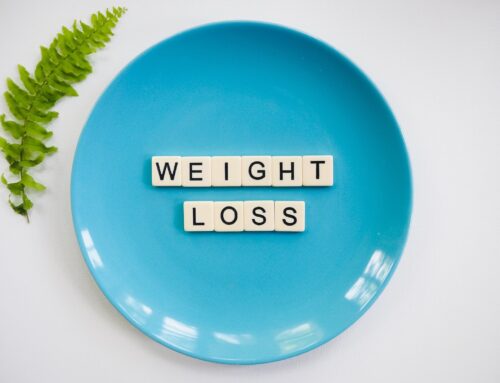Random acts of kindness are a hot topic in science and psychology today. Study after study has proven that compassionate giving and benevolence are not only great for the recipient, but for the giver as well. Recent studies done by researcher Carolyn Schwartz, ScD, at the University of Massachusetts Medical School show that the act of giving to someone else may improve mental-health because the very nature of focusing on others counters the self-focused nature of anxiety and depression When we step outside of ourselves long enough to help someone else, something wonderful is waiting for us when we return – the “Happiness” neurochemicals are elevated. Happiness neurotransmitters are dopamine, serotonin, and oxytocin otherwise known as endogenous opioids. Increases in these morphine like neurochemicals will cause a tremendous boost in mood and overall wellbeing. When we are kind to each other we feel a connection, new relationships are forged and existing ones are strengthened.
Altruistic behavior such as showing compassion and helping others may also increase how long we live. Studies of older people show that those who give support to others live longer than those who don’t. Another health benefit is the reduction in blood pressure. Acts of kindness create emotional warmth, which releases a hormone known as oxytocin. Oxytocin causes the release of a chemical called nitric oxide, which dilates the blood vessels. This reduces blood pressure and, therefore, oxytocin is known as a “cardioprotective” hormone. It protects the heart by lowering blood pressure. Altruism is also associated with better marital relationships, a decreased sense of hopelessness, less depression, increased physical health, and enhanced self-esteem. Acts of altruism can neutralize negative emotions that adversely affect immune, endocrine and cardiovascular function.
A word of caution to those who may be prone to overcommit in the giving department; there can be downsides to being an overly active and compassionate helper. Be mindful of the potential for increased stress, burnout, frustration and not enough down time for self-care. Finding a healthy balance in your life is always a challenge and if you recognize the signs when you are wearing thin it may be time to set healthy boundaries. Be mindful of these risks and choose to take steps to protect yourself from compassion fatigue.
Here is a short list of “Random Acts of Kindness” that won’t break the bank.
• Look for opportunities to genuinely compliment people
• Pay for the next car’s meal or coffee in the drive thru
• Offer to mow your neighbor’s yard
• Bake cookies or make a meal for shut ins
• Offer to read to children at the library
• Buy someone’s membership to the gym for a month
• Send a funny card to a friend or family member expressing your appreciation
• Let someone go ahead of you in line at the grocery store
• Hold the door open for people
• Carry someone’s groceries
• Donate to local charities anything you haven’t worn or used in a year
• Call your mother





